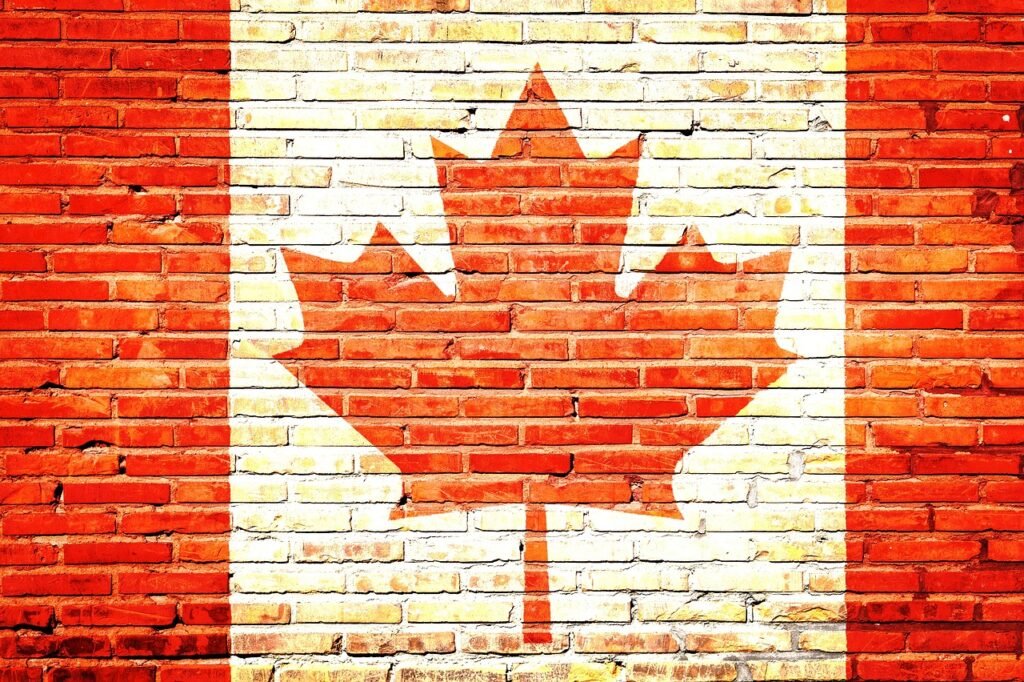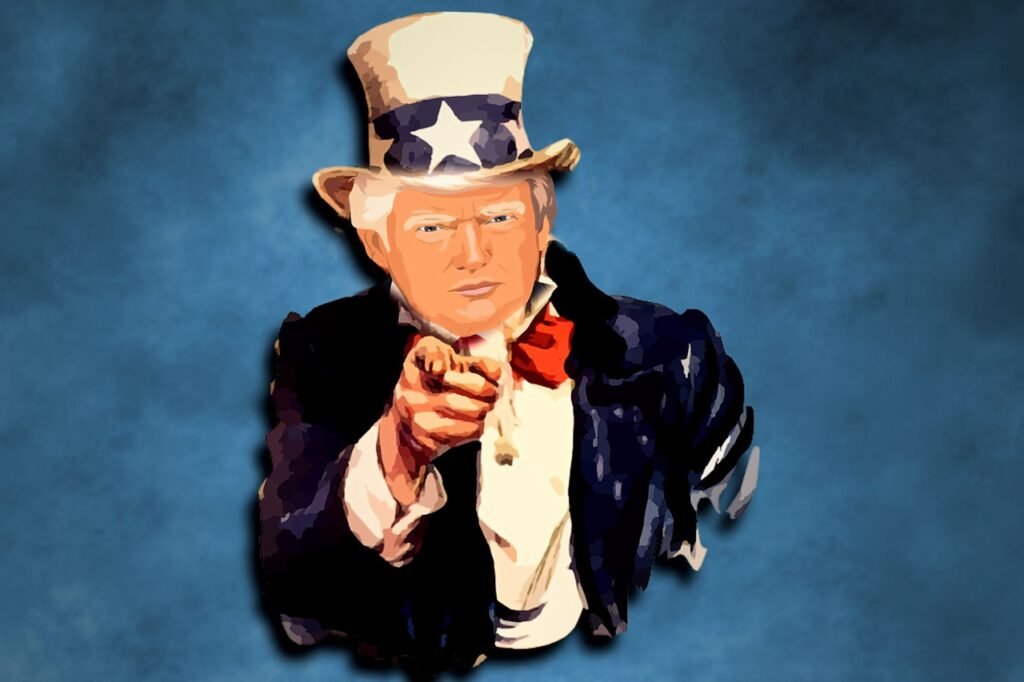
The trade dispute between Canada and the U.S. is no longer just about money — it is starting to shape new alliances. With increasingly tough tariffs, especially on lumber and steel, Canada is responding with domestic measures and seeking new partners, such as BRICS. The question is: are we witnessing a historic repositioning of the country?
Ottawa’s Immediate Response
In recent weeks, the Canadian government announced a package of up to 1.2 billion Canadian dollars to support the lumber industry, which has been hit hard by tariffs imposed by the Trump administration. The goal is to prevent job losses and maintain competitiveness in the global market, even with the extra weight of American tariffs.
Market Diversification
Canadian companies have accelerated their search for new trade partners, increasing exports to countries in Asia, Africa, and Latin America. This diversification strategy aims to reduce the country’s historical dependence on the U.S. market, which still accounts for a significant share of Canada’s foreign trade.
Interest in BRICS
BRICS — formed by Brazil, Russia, India, China, and South Africa, and now expanded to include Egypt, Saudi Arabia, and others — has emerged as an alternative route. With growing economies and increasingly robust trade agreements, the bloc offers Canada the chance to expand its global reach while reducing vulnerability to Washington’s decisions.
Pragmatism Over Ideology
Analysts stress that Canada’s approach to BRICS does not signify an ideological break with the U.S., but rather a pragmatic stance. Ottawa wants more strategic options at the negotiating table and does not wish to be dependent on a single partner, especially in times of political and trade uncertainty.
References:
- Canada to give lumber industry up to C$1.2 billion in aid to cope with US duties – Reuters
- Canadian companies diversify trade during US tariff war but experts see limits – Reuters
- For Canada’s Carney, no deal with Trump might be better than a bad one – Washington Post
- BRICS Rises Amid U.S. Tariff Storm: Unity, Expansion, And Global Ambition – The Daily Scrum News
